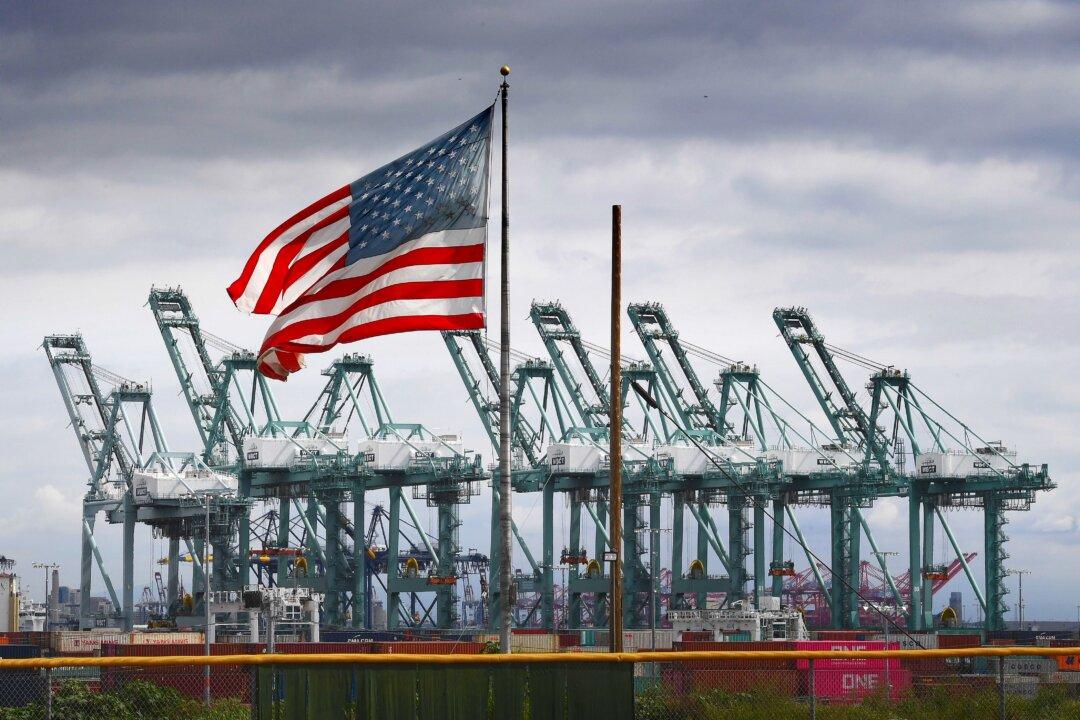WASHINGTON—The COVID-19 pandemic, which has taken a tremendous toll on the global economy, will fundamentally reshape international trade, exacerbate U.S.–China tensions, and accelerate the ongoing shift away from globalization, according to experts.
The world’s two largest economies, the United States and China, are moving toward a bigger geopolitical confrontation, according to Ian Bremmer, president and founder of Eurasia Group, a political risk consultancy.





